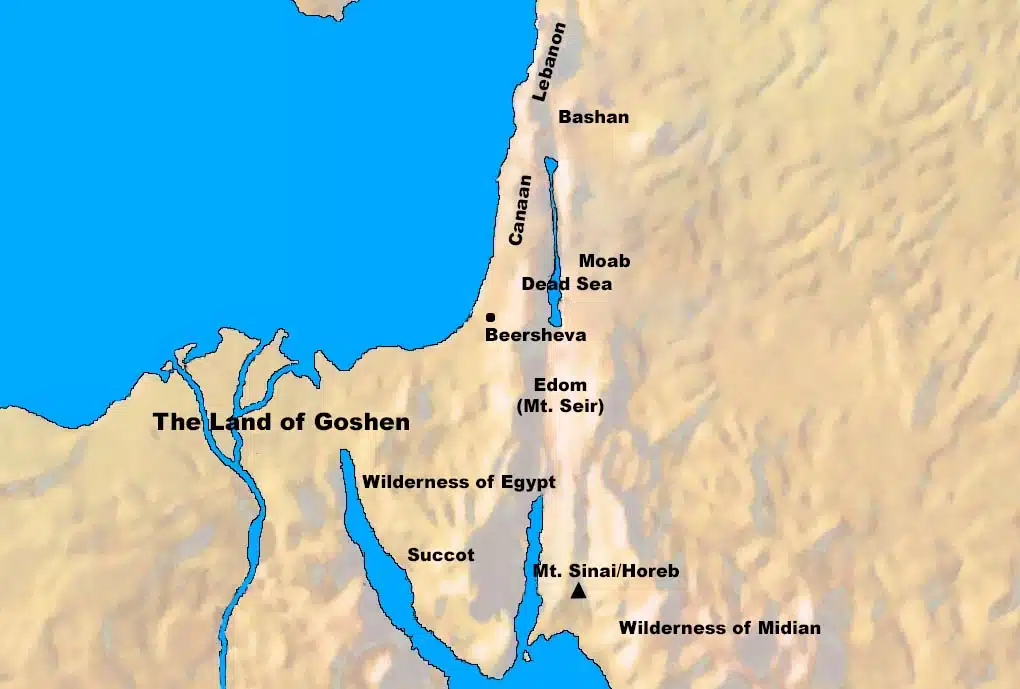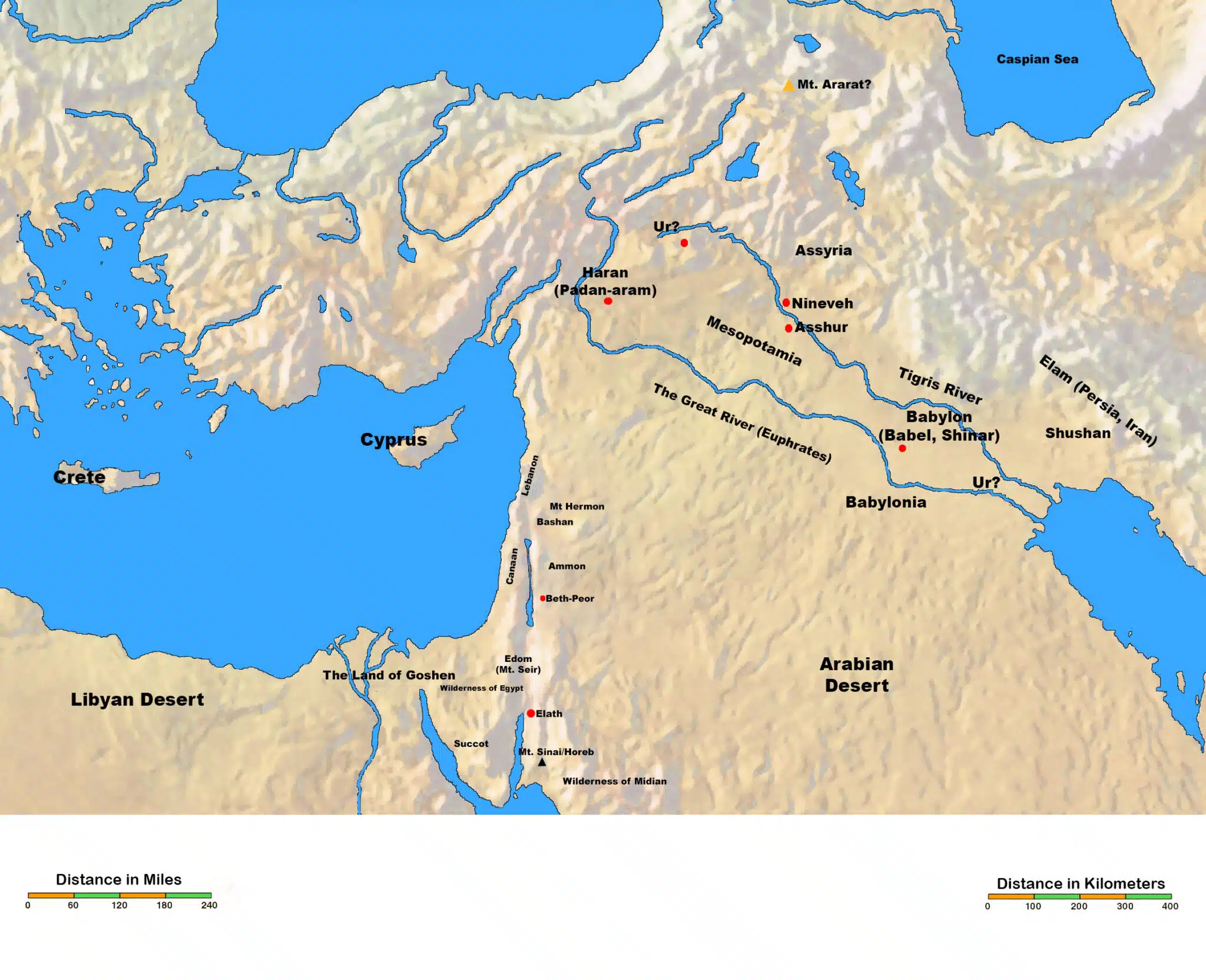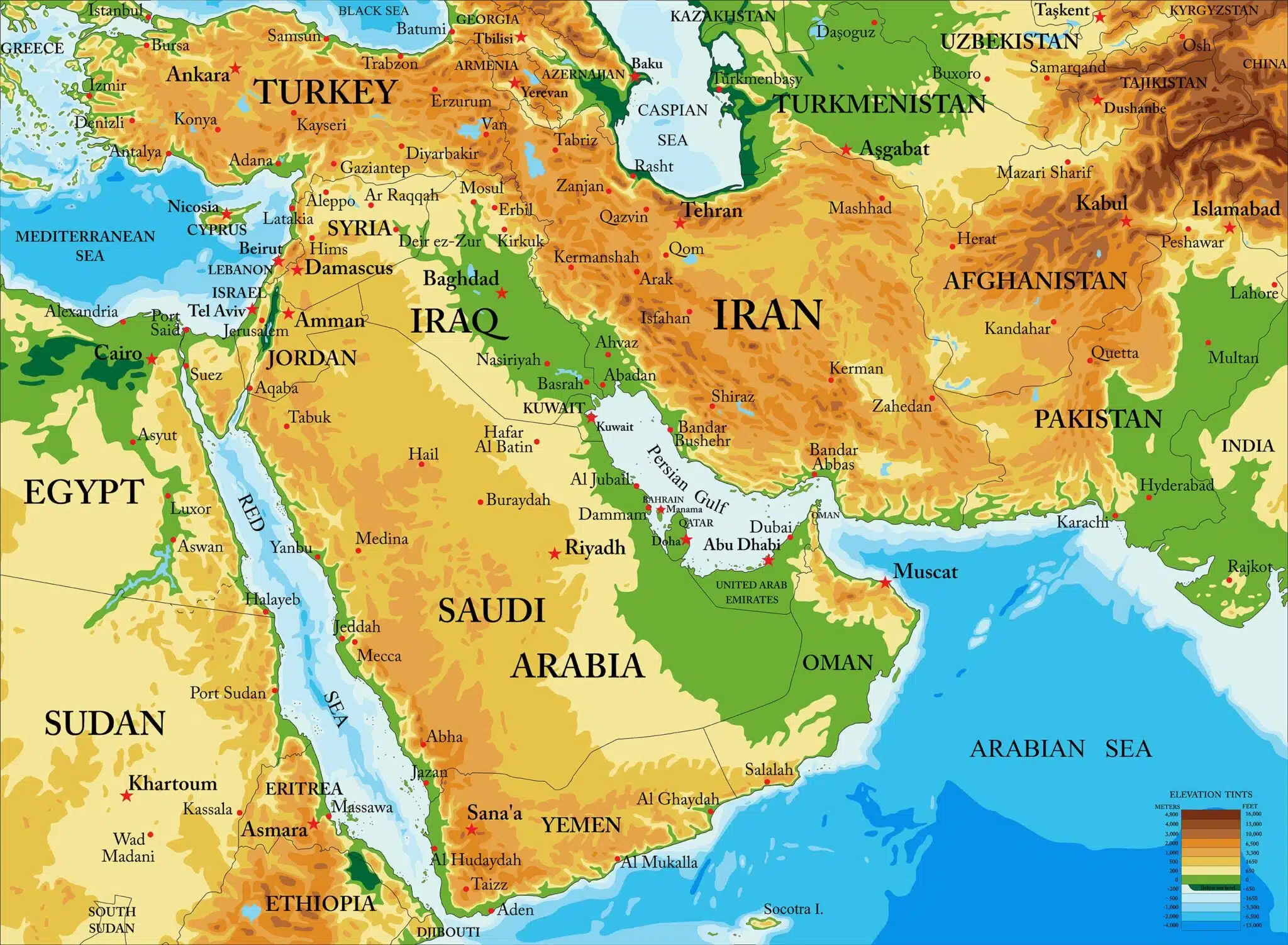God promises that many nations and kings will come from Abraham’s descendants. God’s covenant is never-ending, and He promises to give the land of Canaan as a perpetual possession to Abraham’s descendants. God also indicates that His covenant extends to Abraham’s descendants after him. This would include the benefit of the rewards already granted as well as the conditional promise to bless them when they live faithfully.
God tells Abraham, I have made you exceedingly fruitful. When this verse is analyzed in Hebrew, the sentence structure shows this should be translated as “I will cause you” or “I will make” you exceedingly fruitful. Being fruitful is a common metaphor for physical descendants. Following the rest of the verse, this is a promise from God of something that He will do, not that He has already done. God promises both Abraham and Sara (verse 16) that kings will come forth from you (Genesis 35:11, Numbers 24:7; Deuteronomy 17:14-18, 28:36; Romans 15:12; ). King David and his descendants, including Jesus, fulfill this promise.
God tells Abraham: I will establish My covenant between Me and you and your descendants. This expands this grant of rewards as well as the conditional covenant between Me and you to include Abraham’s descendants. Roughly 500 years later, when Abraham’s descendants are about to enter the Promised Land under the leadership of Joshua, God clearly sets forth for Israel specifics on the conditional nature of blessing/reward in the Promised Land. For example, Deuteronomy 30:15-20 uses the metaphor of choosing between two roads. The road of faithfulness leads to a consequence of experiencing life and the road of unfaithfulness death. Being blessed in the land will be conditional upon obedience. However, they will always be the rightful possessor of the land, because it was granted to Abram without further condition
This is one of three times in this chapter that the covenant is referred to as an everlasting covenant (verses 7, 13, 19). What is permanent is the personal commitment of God in which He binds Himself to it, to be God to you and to your descendants. To be your God is the heart of the covenant and is repeated over and over again in the Bible (Jeremiah 24:7, 31:33; Ezekiel 34:30-31; Hosea 2:23; Zechariah 8:8; Romans 11:25-29).
Here, God states His covenant promise relating to the land: I will give to you and to your descendants…all the land of Canaan. This is the fifth time God repeats this promise to Abraham (Genesis 12:7; 13:15-17; 15:7; 15:18).
God grants the land as an everlasting possession. Israel’s right to possess the land is never spoken of as being conditional. Paul reinforces the reality that God’s promises are everlasting in Romans 11:29 when he says that God’s gifts and calling are “irrevocable”. He would be their God. The nation of Israel might be exiled from the land for a while, yet they will return to it, for it is theirs.
Biblical Text
6 “I have made you exceedingly fruitful, and I will make nations of you, and kings will come forth from you. 7 “I will establish My covenant between Me and you and your descendants after you throughout their generations for an everlasting covenant, to be God to you and to your descendants after you. 8 “I will give to you and to your descendants after you, the land of your sojournings, all the land of Canaan, for an everlasting possession; and I will be their God.”
Check out our other commentaries:
-
Romans 5:15-17 meaning
Through one man’s sin, there was condemnation for all. From the free gift there is justification for many. One man’s sin brought death to all...... -
Psalm 8:6-9 meaning
All of God’s creation was given to Man to rule over, from the animals on land to the fish in the sea. David concludes his...... -
Amos 4:4-5 meaning
Amos sarcastically invites the Israelites to enter Bethel and Gilgal to continue their devout worship practices, which are transgressions against God. ...... -
Ecclesiastes 2:18-23 meaning
Solomon examines the destiny of his legacy and the intrinsic value of his hard work, and despairs because he will leave it all to those...... -
Exodus 29:4 meaning
The first step in the ordination ceremony was the washing of the priests, Aaron and his sons had to be cleansed before they could be......





